The universe is the term that defines the totality of space and time, which includes every content of matter and energy such as all planets, stars, galaxies, dark matter, dark energy, and everything.
A study related to the universe is called cosmology which is defined by two words ‘Cosmos’ and ‘Logos’.
- Cosmos– universe
- Logos– science
Our Universe
In other words, we can say that the universe is the physical beyondness of everything. By the estimation, it originated almost 13.7 billion years (13,000,000,000 years) ago. The diameter of the universe is almost 93 billion light-years.
It means in 13.7 billion years it expands 93 billion light-years, which clearly says that the expansion of the universe is faster than the speed of light in a vacuum.
- It’s really amazing to know in terms of speed if anything can surpass the speed of light, then it is the expansion of the universe. This acceleration is happening due to dark energy present in the space.
- There is almost 68% dark energy, 27% dark matter (both are invisible), and only 5% physical matter present.
Read about:- 15 Facts about Dark Matter and Dark Energy
Some questions about this amazing universe are still a mystery. Scientists are continuously trying to know more and more about it, but ultimately it is beyondness. So it would not be possible to know all about our universe, but we can get a lot.
Sometime or later in your life, you must have thought about this sky-stuff or you have got the curiosity to know about the beyondness of the cosmos and its elements. Like: how it originated (origin of the universe), what was before it (past/history of the universe), and what will happen in the future (end of the universe). Let’s know some interesting stuff about it in this article.
Origin of the universe
Though there are a lot of theories that describe the origin of the universe. But most experimental observation describes the origin of the universe because of the big bang theory. This is considered a scientific theory formulated and proposed by Belgium astronomer and cosmologist Abbe Georges Lemaitre.
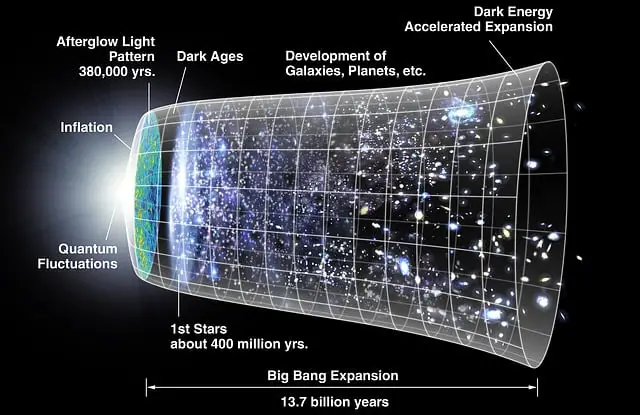
In the beginning, there was nothing like stars, galaxies, atoms, and gases. According to the big bang theory, the evolution of the universe started with very small, hot, and super dense forces.
At first, these forces started expanding in an accelerating way. Then after a long time in the process of expanding it makes atoms, gases, stars, galaxies, and everything which may be considered physically present.
The universe is still expanding in an accelerating way. So the estimated diameter it contains is almost 93 billion light-years so far. Though the age of the universe is around 13 billion years only.
This includes almost 100 billion galaxies and each galaxy has almost 100 billion stars. So the total number of stars is 1022, which represents a huge number to make anyone amaze.
History of the Universe
To know properly about the cosmos we must know about its past/history. There are many ideas for the origin of the universe presented in many different ways. These are the mythological concept, philosophical concepts, and astronomical concepts.
Mythological concepts
Mythological concepts are also called religious cosmology. In this model, a lot of stories has created by our ancestors in almost each and every culture. This concept refers to the many stories of God, and how God has created our Universe.
Many beliefs/stories prove this concept about the supernatural power of the Universe. Such as, in one of the beliefs the world originated from the egg, called the “cosmic egg”.
In one example of the Indian, the universe is developed by the God “Brahman”. Whereas the ancient Greeks believed in the story of “Gaia” and the Chinese believed in the story of “Pangu”.
Philosophical concepts
Philosophical concepts are in the midst of mythological and astronomical concepts. It contains some stories and experiments done by many philosophers all over the world. This includes the time range between 500 BC to 1500 AD and gives the idea to human beings to start thinking of the universe and its mysterious facts.
In this era following models are given by some famous astrologers and philosophers: Indian Philosophers and Ancient Greek Philosophers developed some of the earliest philosophical concepts for the universe.
They followed the geocentric theory in their earliest days, in which the earth is at the center of the universe.
The geocentric theory given by Greek astronomer Ptolemy originated in almost 140 AD which simply gave the idea that our earth is at the center of the universe.
In almost 1543 AD a Theory of Heliocentric described the Sun as at the center of the universe. This theory is given by Nicolaus Copernicus who was the father of the church and astronomer. A
story tells that Copernicus did not tell anyone about this theory because of religious ill-treatment. In the last days of his life, he published this principle in books, but the church found this book and banned it. Later an Italian philosopher and astronomer Giordano Bruno found this book. Bruno spread this book all over Rome, and because of this act, Bruno was sent to jail and burnt alive.
Astronomical concepts
The most modern era of the universe starts with the general theory of relativity which is given by Albert Einstein in 1915 AD and the origin of the cosmos is predicted as the big bang theory. In this theory, he has considered modern physic with the terms of gravity, space, and time or spacetime and explains the accelerating expansion of our cosmos.
Future of the Universe: End
Did you ever think about how it is all going to end in the future or what would be the ultimate fate of the cosmos???
Many physicists have estimated that our universe is going to end between 3 billion years to 20 billion years from now on. Here are some proposed theories given by astronomers and physicists which describe the ending of it.
1. The big rip
This theory explains by considering the big bang theory and according to this every atom of the universe will rip apart. As the expansion of the cosmos continues with accelerating speed. And in the end, everything will tear apart including galaxies followed by stars and every atom will burst eventually.
2. The big freeze
This explains that everything present in the universe will finally get absolute zero temperature. Since every galaxy expands at a very high speed and there will not be available gas for developing new stars.
It concludes that no development of heat from stars and that’s how temperature will decrease to absolute zero and everything will end at this temperature.
3. The big crunch
According to this theory, there is a possibility that its expansion will stop after a definite limit. Then it will start shrinking and finally make a very hot, dense, and forceful atom.
This hypothesis is symmetrical to the start of the universe by the big bang. So, the atom will again start a big bang and again a universe will be developed.
4. The big bounce
This theory followed the big crunch theory. According to this theory, after the big crunch, the universe will bounce again in a similar way to the big bang. This states about cyclic repetition or oscillatory universe. In this theory, the re-expansion of the universe will start again and again after a big crunch in a singularity.
These four theories are the assumption made by physicists considering some other physics quantities and their principles.
As we know that no one has ever seen the future. The most important hypothesis is given for the Big Rip theory.
These were the explanation about our universe. In this article, we have explained the Origin, History/Past, and Future/Fate of the Universe.
Hope you enjoyed it and got the proper information about our universe. Keep reading and checking the Planets Education posts.
- Check also: 21 Most Astonishing Facts About Space
- Reference:-
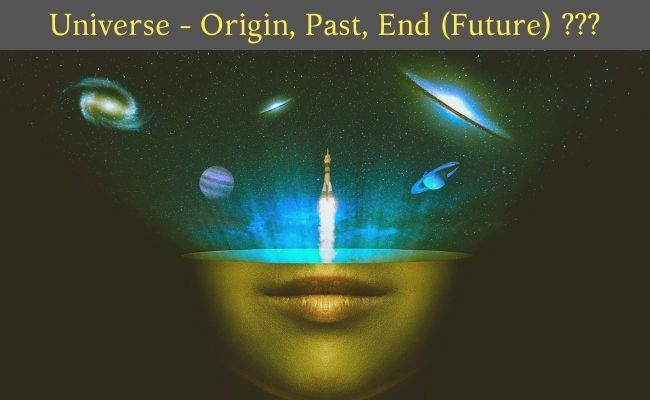
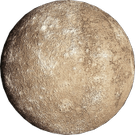
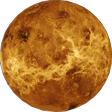


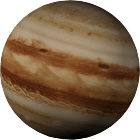
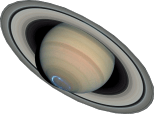
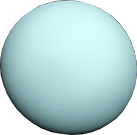

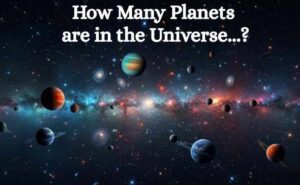

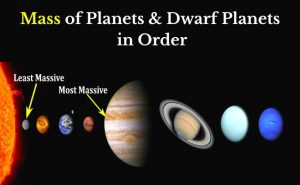
Hello there! This post could not be written much better!
Looking at this post reminds me of my previous roommate!
He continually kept preaching about this. I will send this information to him.
Pretty sure he will have a good read. Thank you for sharing!
Comments are closed.